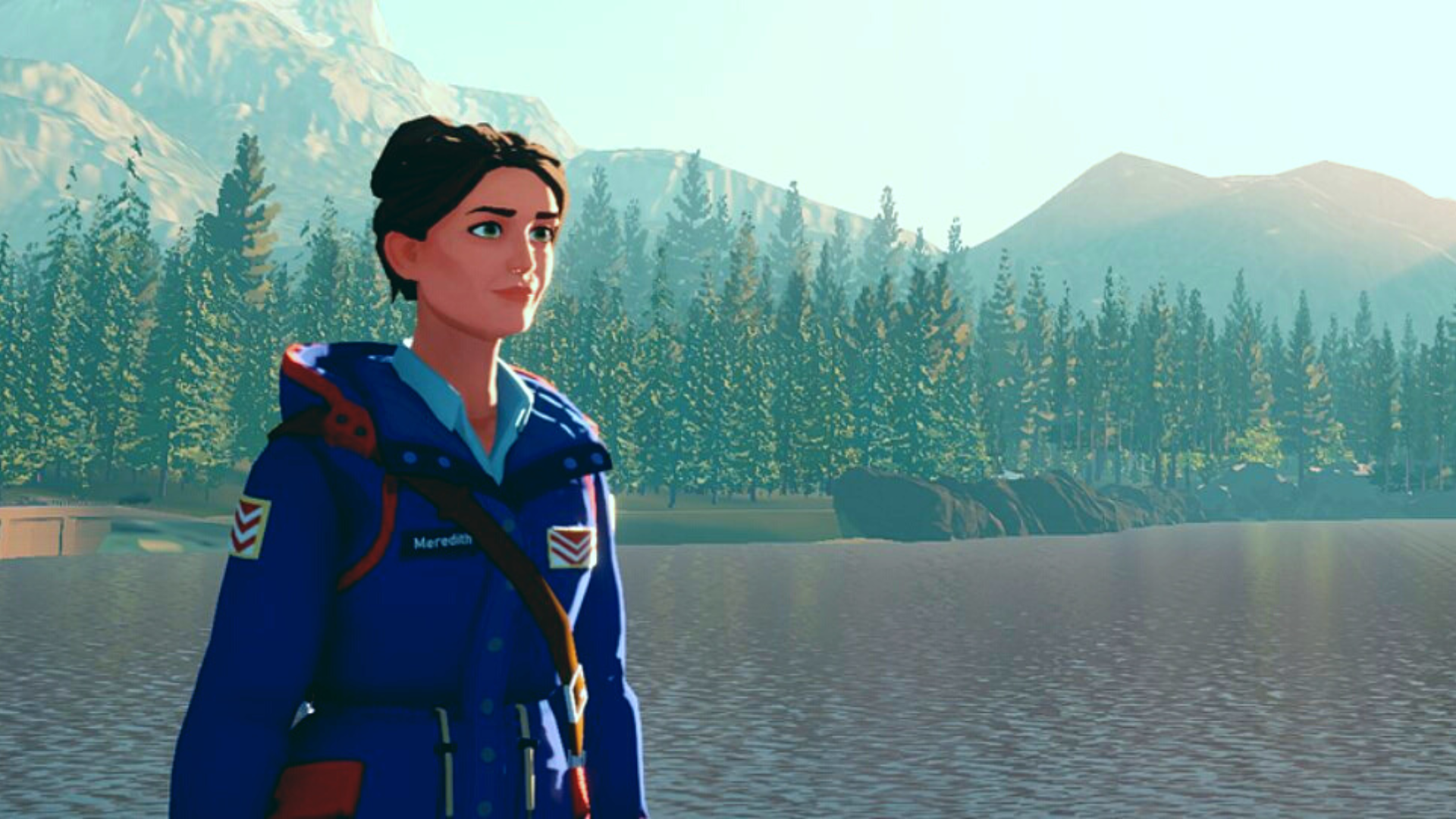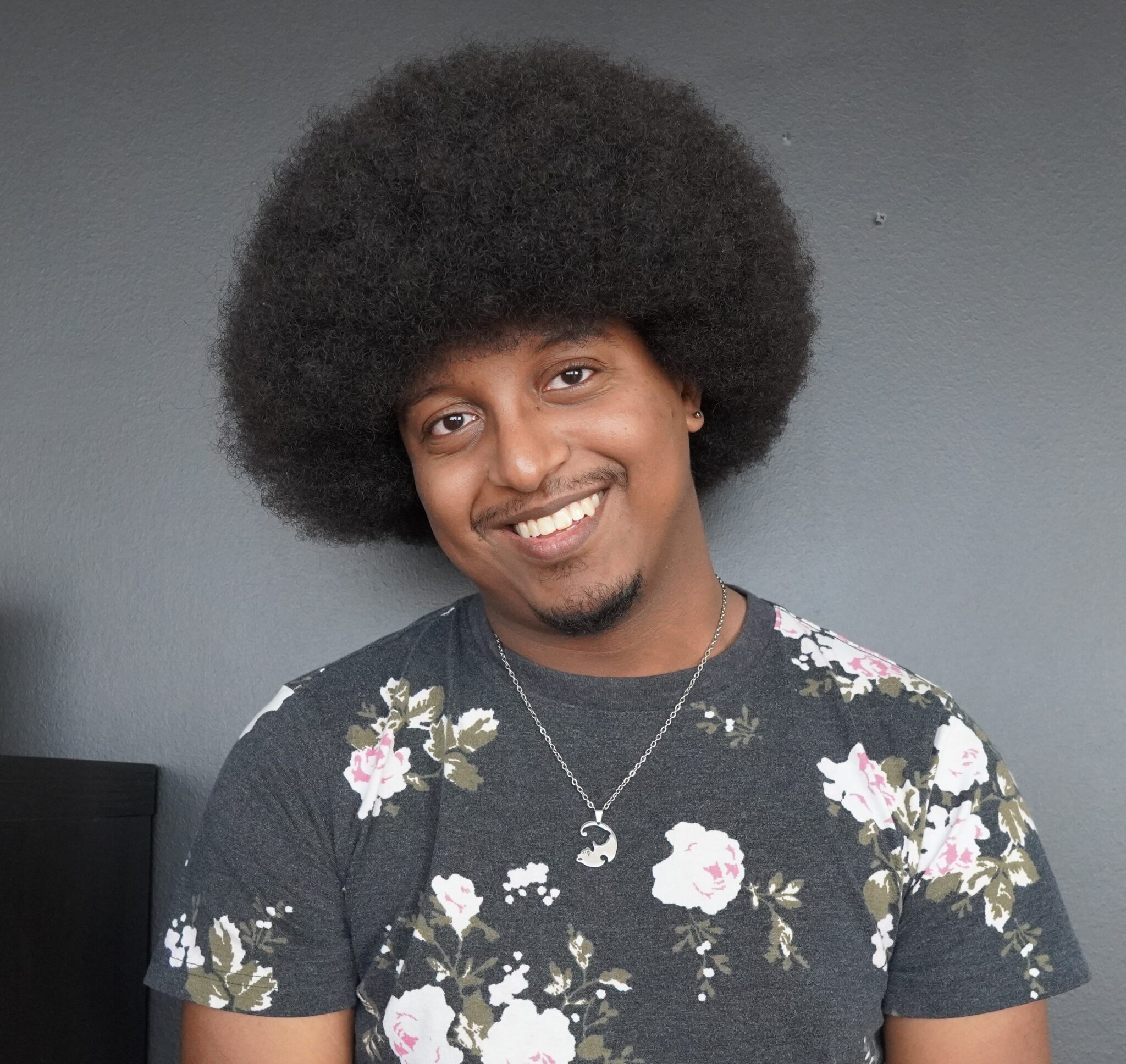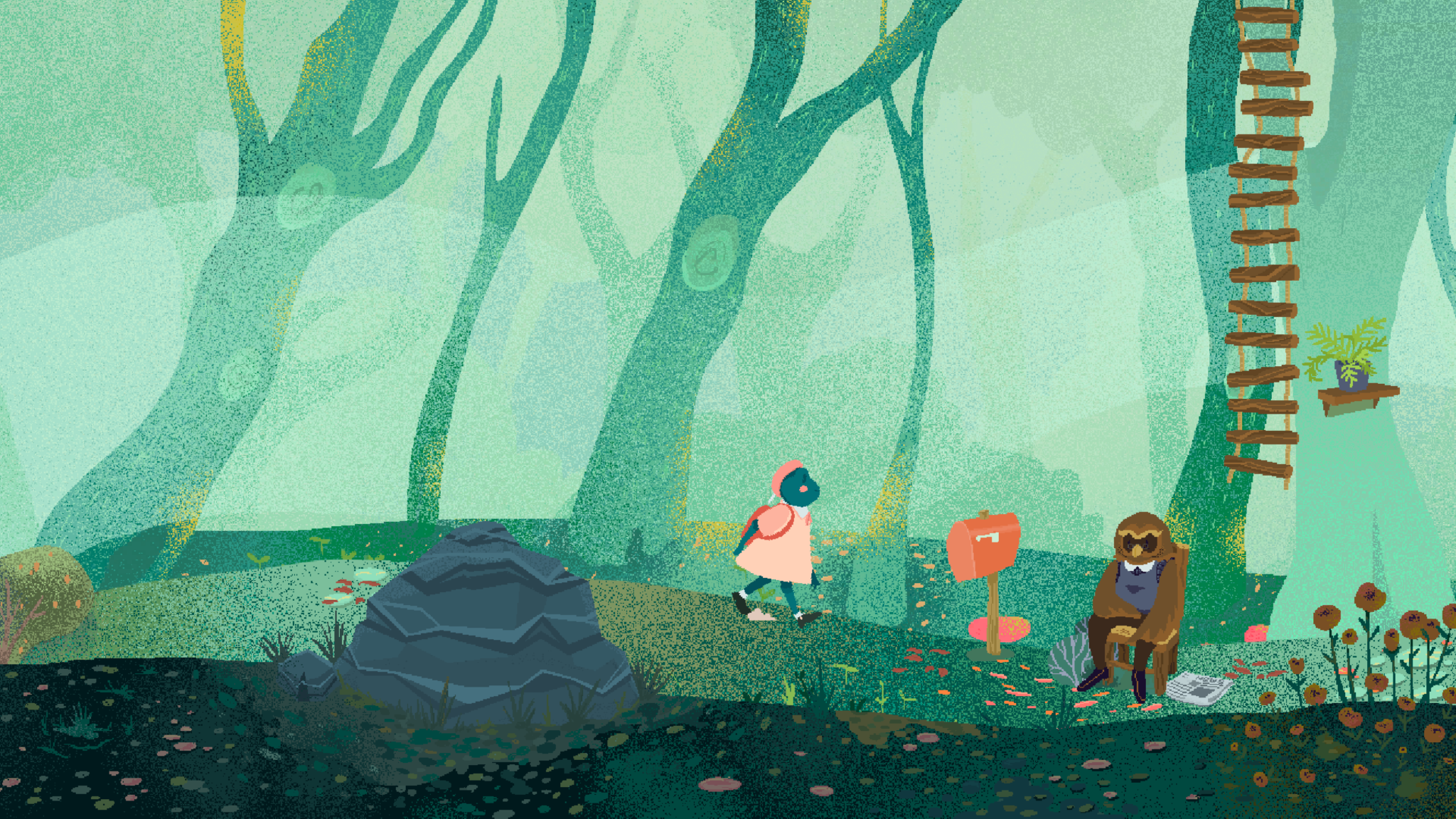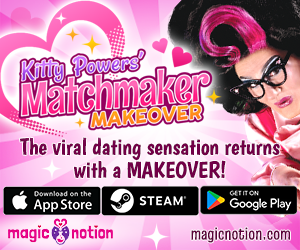
Whitethorn Games on ‘defending easy games’
Whitethorn Games is “an indie game publisher focusing on pleasant, cozy games that can be played in pieces, that require no special skills or knowledge, and that anyone can pick up and play.” The company has published titles like bee-keeping sim APICO, cozy exploration game Teacup, introspective mail delivery game Lake, witchy crafting game Wytchwood, and more.
As a publisher, Whitethorn Games is very intentional about how they approach game development, diversity, and inclusivity within the industry. Gayming Magazine spoke with CEO Dr. Matthew White and Community Manager Yared Admasse about this approach, and the practical ways Whitethorn Games is trying to change our space for the better.
What are the concrete ways Whitethorn Games is working to increase inclusivity within the games industry?
Dr. Matthew White, CEO of Whitethorn Games: We’re huge, huge believers in the power of diverse creators to bring new, fresh, untold stories from perspectives that have been historically silenced. People put a small part of their identity into everything they create — food, art, video games. My thinking goes that if you only ask the same dude to make video games, you’ll only get the same video game.
Through our scouting – representing the queer, disabled, POC, and other communities with games from diverse creators like We Should Talk., Onsen Master, Princess Farmer, and more – and by highlighting diverse lives and experiences in our fiction – as with games like Lake, Whalefall, and more that we haven’t announced: we are always going to be purveyors of diverse content.

Additionally, we work with our accessibility and usability specialist Britt Dye, through and with local not-for-profits such as the Barber National Institute and the Sight Center of NWPA to bring our games to an even wider audience of people who haven’t been able to access games because of boundaries presented by the technology.
Yared Admasse, Community Manager: And we wear that proudly! We do our best to uplift the voices and stories of the developers we work with, and work with them to make sure those stories are accessible to as many people as possible. I think a big part of that is also being open to feedback on how we are doing and what we can do to improve.
How does Whitethorn decide which games it will back?
MW: That’s a big question, and I won’t give away the ~entire~ secret sauce, but I will say that our big three brand pillars are approachability, snackability, and ease – basically, the games need to be playable by anybody regardless of experience or skill level, need to be playable in short bursts, and need to be relatively easy to complete. Our portfolio builder Brian does a tremendous job of cultivating our selections to fit those criteria and stay creative and interesting within them. We’re additionally specifically interested in games from nontraditional creators.
YA: I don’t know how much I’m allowed to share here! But I do know that even while decisions are ultimately made based on our core pillars by those whose job it is, games we are considering are often presented internally to the office as a whole. Aside from the obvious brand/monetary restrictions, gauging the opinions of all our employees helps to cultivate an open discussion and get everyone excited about the titles we get to work with.
How does community management factor into fostering inclusivity in the games industry?
YA: Firstly, I hope that our company’s identity and the titles we choose to publish sort of naturally create a welcoming space for people of all different backgrounds. That being said, it’s up to the community managers to ensure that space remains welcoming. Whether that’s through moderation of our community spaces, organizing community gaming events, showing up to our local Pride event, or even supportive social media posts – we’re always working to make sure our belief in inclusivity shines through.

To me, being a community manager isn’t just being the one who schedules tweets about what updates/news is coming next (though it is also that). The real experience of it, for better or worse, is really digging in and existing alongside the communities that develop around our titles. I want to see what people are saying, how people are feeling, and what they feel they need from us, so that I can then communicate that to the rest of our team and the teams we work with. Unfortunately, that does also mean having to be sort of a filter for some of the more bigoted, anti-inclusive backlash, but that comes with the territory. As with all things, we’re still learning how best to make sure everyone feels safe and included in our community, but we’re dedicated to listening and continuing to improve.
Why is it so important to you to “defend easy games”?
YA: Because they are just as much games as the hardcore, grindy experiences! For decades now, there’s been this sort of stigma present in a lot of gaming spaces that often tries to discredit the credibility of a game for simply being easy. That idea that someone who spends their time perfectly curating their island in Animal Crossing is somehow less of a gamer than the player who spends their hours training their aim for their next Valorant match. Both players are devoting pieces of themselves to an experience we all collectively choose. And many times, it’s one person who enjoys playing both of these kinds of games!

Thankfully, in recent years a lot of the “toxic gamer mentality” has been diminishing, but there’s still those pockets of people who hold on to these beliefs. And even for those of us who know better, there still exists this internalized, maybe unnoticed echo of that sentiment. I remember reading an article not too long ago where reviewers were discussing their “guilty pleasure” titles and one of them mentioned Super Monkey Ball as theirs. A party game! They felt guilty as a reviewer of video games for enjoying a game made to be silly fun! And of course that game has its hardcore fanbase that optimizes every stage and skips too, which is equally as valid as someone just goofing off with friends. I think it’s ridiculous that anyone should need to feel guilty about enjoying playing a game, and I want us to get to a place where we can all collectively agree that we’re just here to have fun.
In your opinion, how can the games industry move forward in terms of supporting marginalized folks and promoting diversity and inclusion?
YA: I think the simplest thing that I hope more companies catch on to is to just diversify hiring practices. It has proven time and time again to be not only the morally correct thing to do, but it turns out that having a more diverse workforce with a larger pool of lived experience is in fact an asset to a business. Go figure, right?
Snark aside, I really believe that there are simple steps we can all put in place to move forward. Listening to and uplifting the voices of marginalized creators, believing their stories and experiences, and defending their right to exist in this space we share are just a few that anyone can do if they just take a moment to step outside their bubble. After that point, compassion and understanding of each others’ views will help us all build toward a more inclusive community. The responsibility lies heavily on developers, publishers, and creators to lead by example as we push content out into the world. We need to hold ourselves and our communities accountable and create the welcoming space our audiences need. But the burden is also carried by the players to treat each other with respect and dignity. When you’re getting frustrated, maybe don’t take it out on everyone in your lobby by furiously yelling/typing expletives in comms. And next time you’re in a game and happen to see someone being hateful toward another player, if you’re able to do so, call the offending player out or offer solidarity to their target. We’re all in this together, and someone having your back can really help you to still feel welcome in the face of aggression.





